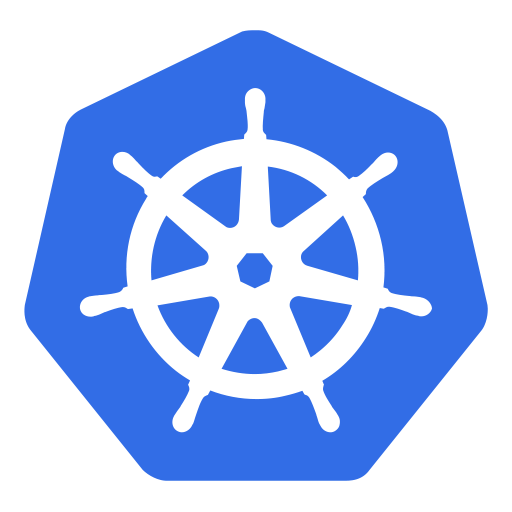What Is Kubernetes?
Kubernetes is an open-source container orchestration tool for deploying, scaling and managing containerised workloads and services. It was borne out of an internal tool at Google known as Borg. Although not directly descended from Borg, many of the core concepts (such as pods and services) were carried over, and the first core Kubernetes developers were Google employees who had helped build Borg.
Kubernetes comes from the Ancient Greek κυβερνήτης , which means “captain” or “steersman”.
You’ll often see Kubernetes written as k8s. This is known as a numeronym and originated in the 1980s when developers began using abbreviations for long words like internationalisation and localisation. Rather than writing these words out in full each time, they substituted the number of letters between the first and last letters with a numeral. Thus, internationalisation became i18n, localisation became l10n, and Kubernetes is now commonly referred to as K8s.
Kubernetes is significant not only because of its popularity (it is the second largest open-source project in the world after the Linux kernel), but also because it was the first project to graduate from the CNCF . The Cloud Native Computing Foundation (CNCF) curates a number of projects dedicated to running applications in the cloud. A project graduates from the CNCF’s sandbox or incubation phase when it meets certain requirements. The upshot of graduation is that the project is well-tested at scale and has an active and committed community of developers backing it.
